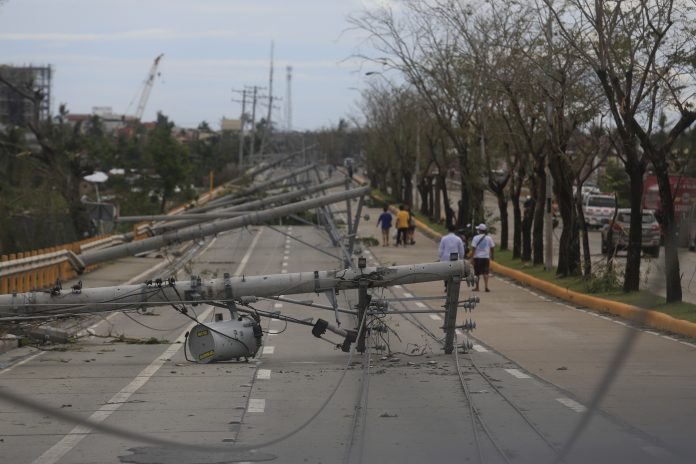Pro-environment groups lambasted the proposal to install a waste-to-energy (WTE) facility in the city of Cebu as part of its long-term strategy on disaster resilience.
In a statement issued on Wednesday, the groups said the proposed project will only “exacerbate the public health and the ecological crisis” caused by climate change and the pandemic.
Lawyer Kristine Joy Argallon of the Philippine Earth Justice Center said setting up WTE facilities “is an extremely expensive and dirty solid waste management method that will cause more harm to the environment.”
Argallon said the city’s climate and post-disaster resilience plan “should be based on ecological and sustainable principles,” such as investments on renewable energy.
On January 12, Mayor Michael Rama presented plans on strengthening the city’s disaster preparedness before the city council following the onslaught of super typhoon Odette in December.
Rama said the city needs its own power plant that can supply at least 200 megawatts, and a WTE facility to prevent power interruption every time a typhoon hits the province.
He also proposed to install all public utilities, including power and communication lines, underground.
“It is imperative for the city to own a power plant if feasible,” said the mayor.
Lawyer Lievj Alimangohan of the EcoWaste Coalition said Cebu will be plunged into a heavy financial burden if it enters into an agreement with a WTE facility project proponent.
“Typical WTE contracts have decades-long terms and contain lock-in provisions that will bind the city to expensive and onerous obligations for a long time,” said Alimangohan.
He said the city should focus on “a robust implementation of programs that focus on waste minimization, materials recovery and recycling” instead of engaging in “an unnecessary expenditure of public funds on a system that is dangerous to public health and the environment.”









